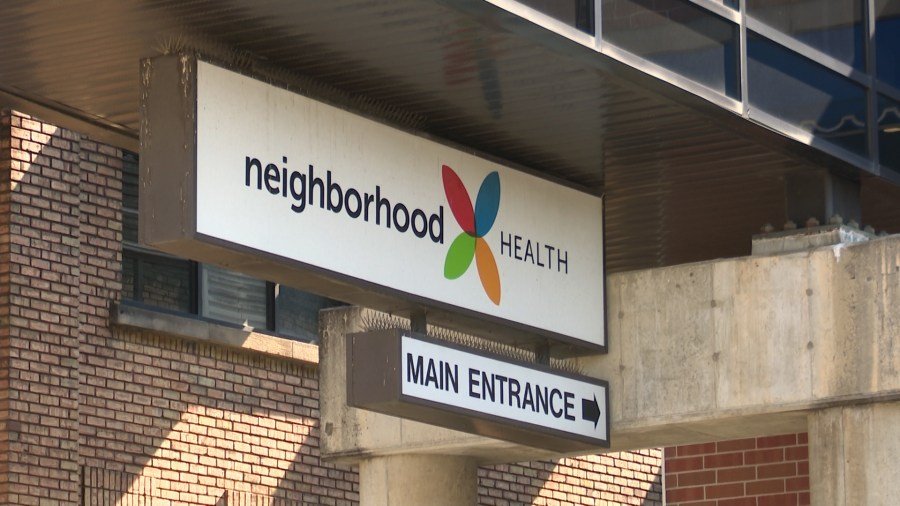Contents
Challenges Facing Neighborhood Health Amid New National Spending Bill
Neighborhood Health, a nonprofit healthcare provider based in Fort Wayne, Indiana, is facing significant uncertainty following the signing of the latest national spending bill on July 4. As a federally qualified health center, the organization relies heavily on federal grants and Medicaid reimbursements to support its operations. These financial resources are critical for delivering care to patients regardless of their insurance status.
According to Angie Zaelgel, President & CEO of Neighborhood Health, 22% of the organization’s current patients are self-pay or uninsured, while 55% of the patients seen year-to-date in 2025 are covered by Medicaid. The enhanced Medicaid reimbursement that Neighborhood Health currently receives plays a vital role in offsetting the cost of providing charity care to those who cannot afford it.
Zaelgel emphasized that the organization’s patient-majority board of directors is deeply concerned about the potential impacts of the new legislation. One board member, for example, is currently uninsured due to lost paperwork during a Medicaid re-enrollment process. This personal story highlights the real-life challenges that many individuals in the community may face as a result of the changes.
The uncertainty surrounding the new bill presents a major challenge for Neighborhood Health. With limited information on how the legislation will affect their services, the organization is struggling to adapt and plan for the future. While some changes may not be immediate, Zaelgel acknowledges that they are inevitable.
“As the CEO of a nonprofit, I still have to run a business,” she said. “I need to manage my board and make strategic decisions. But with this level of uncertainty, it’s extremely difficult.”
If the percentage of patients covered by Medicaid drops significantly, Neighborhood Health may need to seek financial support from the local community. Zaelgel mentioned that the organization is exploring different scenarios and focusing on core services to meet the needs of its patients.
Key Concerns
One of the most pressing concerns for Zaelgel is the reduction of the Medicaid provider tax. Currently set at 6%, the tax will be reduced to 3.5% by 2032 under the new legislation. States use revenues from health care provider taxes to help finance the state share of Medicaid expenditures. This tax, along with a hospital assessment fee, funds the Healthy Indiana Plan, which covers Hoosiers aged 19 to 64 who meet specific income levels.
Zaelgel expressed concern about the long-term impact of this change on the community. “I’m very worried about what this means for a lot of people in our area,” she said.
Another major concern is the unknowns surrounding the new work and volunteer requirements for Medicaid recipients. The bill mandates that individuals aged 19-64 on Medicaid must work 80 hours per month. Zaelgel questioned whether this requirement would be enforced through an automated system or a paper-based process.
“If it’s a paper system, we could see a much larger loss of patients with Medicaid insurance due to documentation falling through the cracks,” she said.
Other Areas of Uncertainty
Zaelgel also noted that the impact of the new Medicaid rules on children’s care is still unclear. She is particularly watching to see which types of immunizations or vaccines will be covered by Medicaid.
Additionally, she urged individuals on Medicaid or applying for it to stay informed about the requirements. “We have the bill that has been passed and signed into law, but we don’t know the details yet,” she said.
As the situation continues to unfold, Neighborhood Health remains committed to supporting its patients and adapting to the changing landscape of healthcare. The organization is closely monitoring developments and preparing for various scenarios to ensure continued access to essential medical services.




